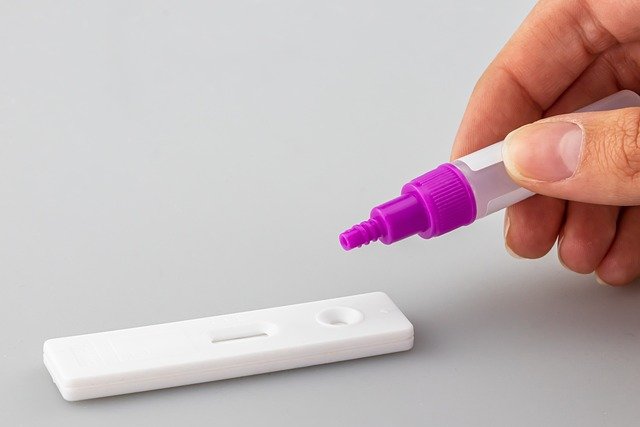An Overview of Multilingual Nursing Education in Brussels
Brussels is home to a diverse range of nursing education programs that reflect the city’s multilingual environment. This article provides an overview of how nursing training is structured, the languages commonly used in instruction, and the skills students may develop during their studies. The content is purely informational and does not promote or endorse any specific institution or course.

Brussels presents a distinctive approach to nursing education, where students must master both clinical skills and multilingual communication to succeed in the city’s diverse healthcare environment. This comprehensive training system reflects the complex linguistic reality of Belgium’s capital, where French, Dutch, and increasingly English play crucial roles in medical practice.
How Nursing Education Adapts to Brussels’ Multilingual Environment
Nursing programs in Brussels incorporate language learning as a fundamental component of healthcare education. Students typically receive instruction in their primary language while developing proficiency in secondary languages commonly encountered in clinical settings. The curriculum integrates medical terminology across multiple languages, ensuring graduates can communicate effectively with diverse patient populations. This multilingual approach extends beyond basic conversation skills to include specialized medical vocabulary, patient care documentation, and interdisciplinary communication protocols.
Main Structures and Stages of Nursing Training in the City
Nursing education in Brussels follows a structured pathway beginning with foundational coursework in anatomy, physiology, and basic nursing principles. The initial phase typically spans two to three years, depending on the specific program and institution. Students progress through theoretical modules covering pathophysiology, pharmacology, and nursing ethics, followed by supervised clinical rotations in various healthcare settings. Advanced stages focus on specialized areas such as pediatric care, geriatrics, mental health, and critical care nursing. The final phase includes comprehensive examinations and extended clinical placements that prepare students for professional practice.
Languages Used in Instruction and Their Healthcare Importance
French serves as the primary language of instruction in many Brussels nursing programs, reflecting the city’s position within the French-speaking community of Belgium. Dutch instruction is also available, catering to students from the Flemish community. English has gained prominence as medical literature, research, and international healthcare protocols increasingly utilize this language. Students learn medical terminology in multiple languages, understanding that effective patient care requires clear communication regardless of linguistic background. This multilingual competency becomes particularly valuable when working with international patients, medical tourists, and diverse healthcare teams.
Key Skills and Competencies Developed During Studies
Nursing students in Brussels develop comprehensive clinical competencies alongside strong communication abilities. Technical skills include patient assessment, medication administration, wound care, and medical equipment operation. Critical thinking and problem-solving capabilities are emphasized through case-based learning and simulation exercises. Cultural competency training helps students understand diverse healthcare beliefs and practices. Leadership and teamwork skills are cultivated through group projects and clinical rotations. Documentation skills in multiple languages ensure accurate patient record keeping. Emergency response training prepares students for crisis situations in multilingual environments.
| Institution Type | Language of Instruction | Program Duration | Key Features |
|---|---|---|---|
| University Programs | French/Dutch | 3-4 years | Research focus, advanced theory |
| Higher Education Institutes | French/Dutch/English | 3 years | Practical training emphasis |
| Specialized Schools | Multilingual approach | 2-3 years | Intensive clinical exposure |
| Continuing Education | Variable | 6 months-2 years | Professional development |
Educational Standards and Professional Requirements
Brussels nursing programs must meet strict educational standards established by Belgian healthcare authorities. Accreditation processes ensure curriculum quality and graduate competency. Students must complete minimum clinical hour requirements across various healthcare settings. Professional registration requires passing comprehensive examinations that test both theoretical knowledge and practical skills. Continuing education requirements maintain professional competency throughout nursing careers. Quality assurance measures include regular program evaluations and graduate outcome assessments.
The multilingual nursing education system in Brussels prepares healthcare professionals for the realities of modern medical practice in an increasingly diverse world. Students emerge with technical expertise, cultural sensitivity, and communication skills necessary for effective patient care. This educational approach reflects Brussels’ role as an international city where healthcare providers must navigate linguistic and cultural diversity daily. The comprehensive training ensures graduates can contribute meaningfully to healthcare teams while providing compassionate, culturally appropriate patient care across language barriers.
This article is for informational purposes only and should not be considered medical advice. Please consult a qualified healthcare professional for personalized guidance and treatment.




